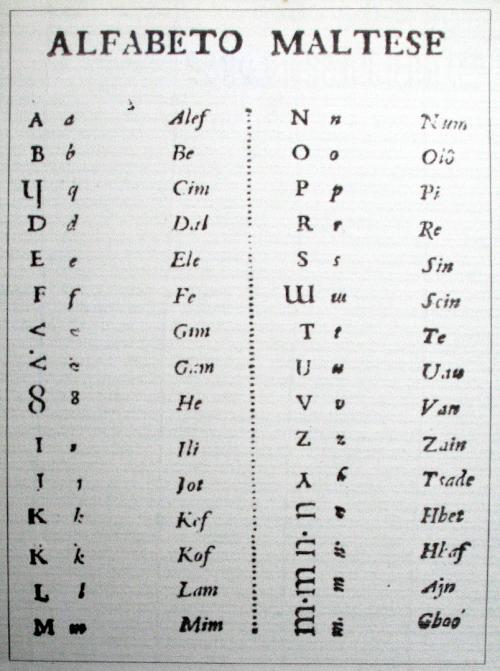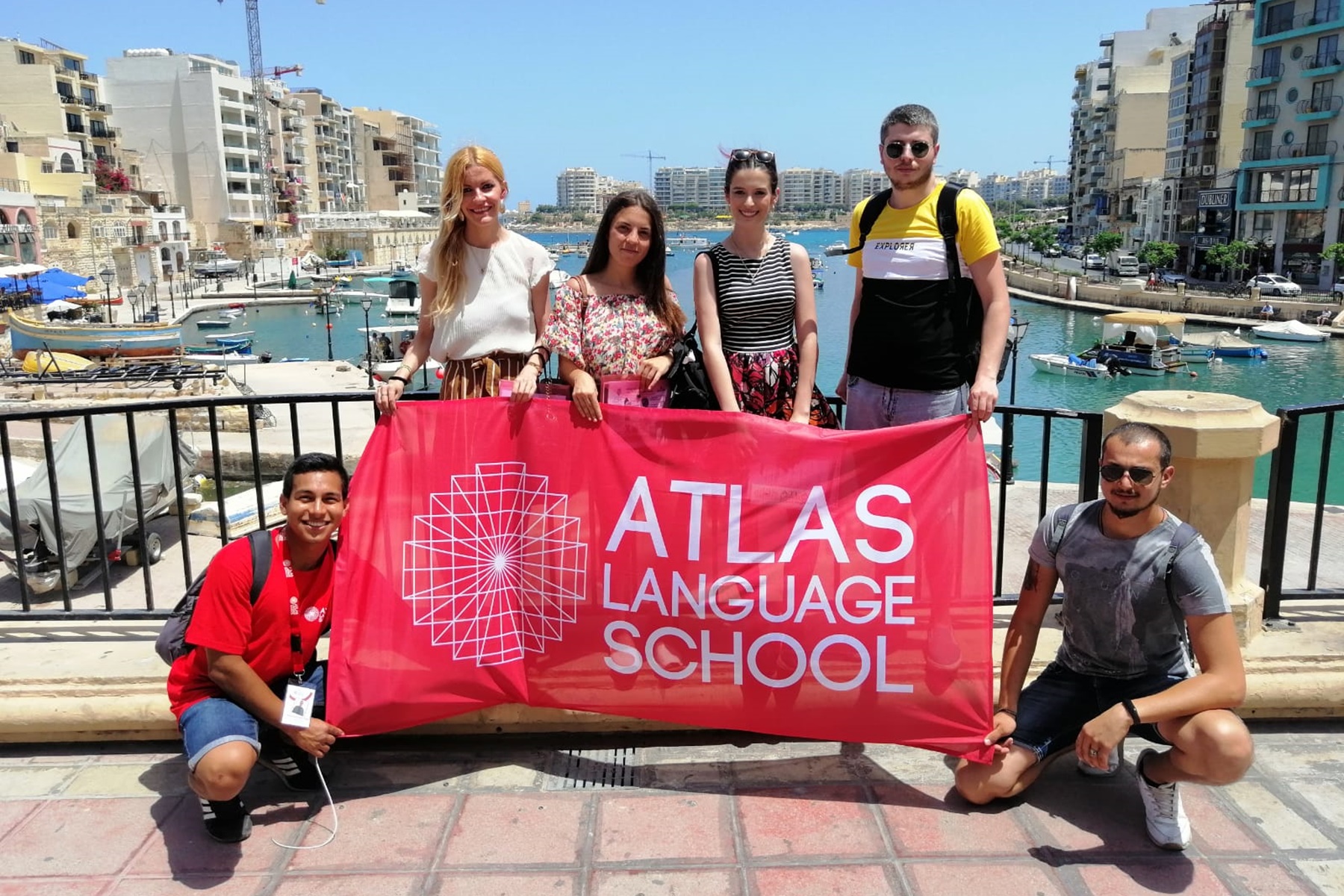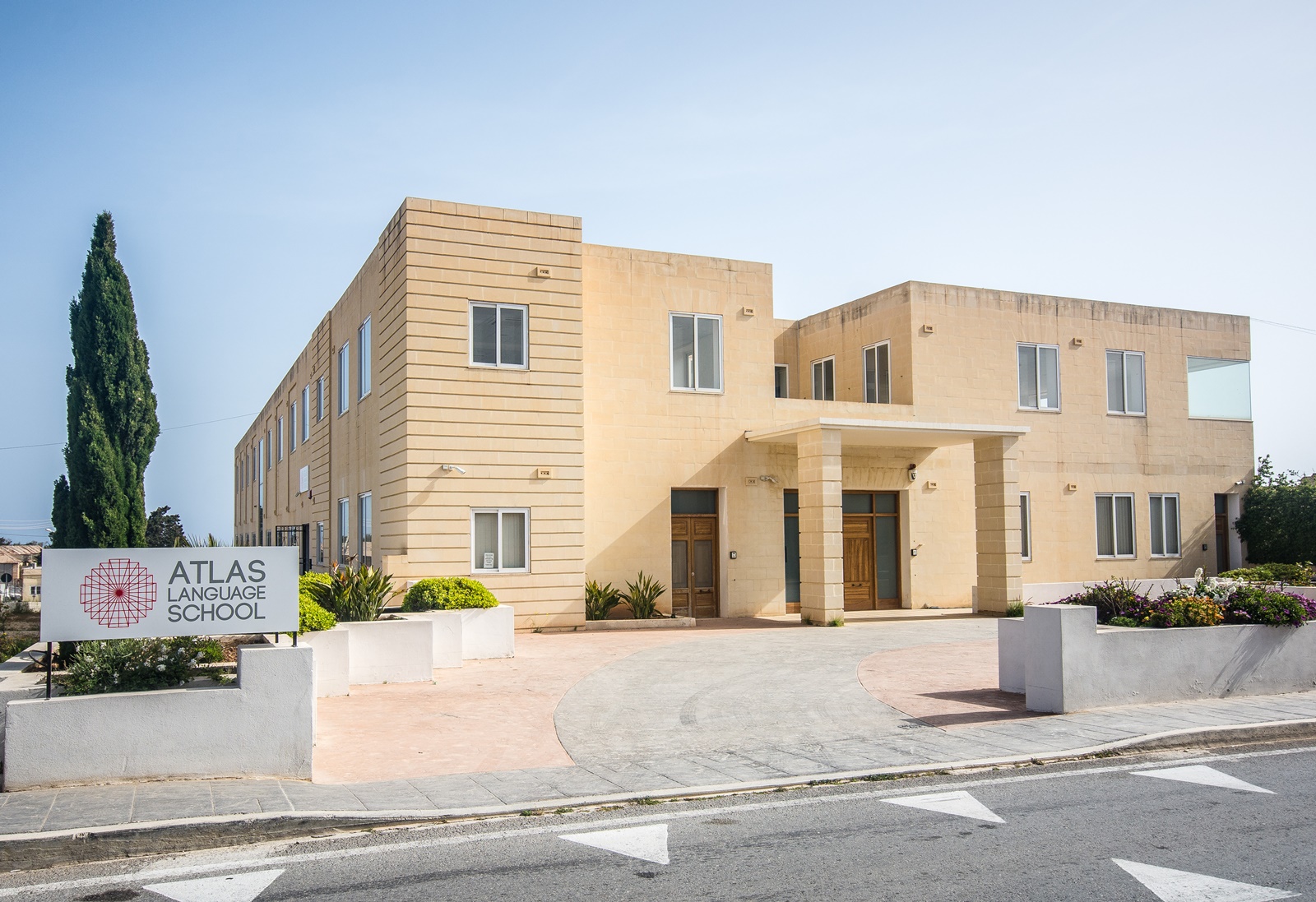Malta language is a unique and vibrant cultural treasure that bridges history, tradition, and modernity. As one of the official languages of Malta, it stands out as a fascinating blend of Semitic, Romance, and Germanic influences. Understanding the intricacies of this language opens doors to exploring the rich heritage of the Maltese Islands.
For those seeking to immerse themselves in the culture of Malta, learning the local language offers unparalleled opportunities. It not only enhances communication but also deepens appreciation for the country's history, customs, and way of life. This article delves into the origins, structure, and significance of the Malta language, providing valuable insights for both enthusiasts and linguists alike.
Whether you're planning a trip to Malta, interested in expanding your linguistic knowledge, or simply curious about this remarkable language, this guide will serve as your comprehensive resource. Let's embark on an exciting journey through the world of Malta language!
Read also:Remoteiot Batch Job Example A Comprehensive Guide To Streamline Your Iot Operations
Table of Contents
- The Origin and Evolution of Malta Language
- Structure and Grammar of Malta Language
- Cultural Influences on Malta Language
- Tips for Learning Malta Language
- Maltese Dialects: Regional Variations
- The Importance of Malta Language in Modern Society
- Useful Resources for Studying Malta Language
- Statistical Insights into Malta Language Usage
- The Future of Malta Language
- Conclusion and Final Thoughts
The Origin and Evolution of Malta Language
The Malta language, officially known as Maltese, traces its roots back to the Siculo-Arabic dialect spoken in Sicily during the Middle Ages. When Arab settlers arrived on the Maltese Islands in the 9th century, they introduced a language that would eventually evolve into modern Maltese. Over the centuries, this language absorbed influences from various cultures, including Italian, English, and French, creating a unique linguistic tapestry.
One of the most distinctive features of Malta language is its Semitic foundation, which sets it apart from other European languages. Despite this, the vocabulary and syntax have been significantly shaped by Romance languages, particularly Italian, due to historical ties between Malta and Italy. This blend of linguistic elements makes Maltese a truly remarkable language.
Key Historical Events Shaping Malta Language
- 9th Century: Arab influence establishes the foundation of Maltese.
- 12th Century: Norman conquest introduces Italian vocabulary.
- 16th Century: The Knights of St. John contribute Latin and French terms.
- 19th Century: British rule adds English loanwords.
Structure and Grammar of Malta Language
Understanding the structure and grammar of Malta language is essential for anyone looking to master it. Maltese follows a subject-verb-object word order, similar to English, but its grammar rules are more complex due to its Semitic roots. For instance, verbs in Maltese are conjugated based on gender, number, and tense, requiring learners to pay close attention to these nuances.
Nouns in Malta language are either masculine or feminine, and plurals are formed through various methods, including suffixes and vowel changes. Additionally, the language employs a system of definite and indefinite articles, which can be challenging for non-native speakers to grasp initially.
Basic Grammar Rules
- Verbs are conjugated according to gender, number, and tense.
- Nouns have gender and plural forms with specific rules.
- Articles (definite and indefinite) are integral to sentence structure.
Cultural Influences on Malta Language
The Malta language reflects the diverse cultural influences that have shaped the Maltese Islands throughout history. From the Arab occupation to the British colonial period, each era has left an indelible mark on the language. Today, Maltese is a living testament to the island's multicultural heritage, incorporating words and phrases from multiple languages.
One notable example of cultural influence is the prevalence of English loanwords in modern Maltese. As English serves as the second official language of Malta, many technical and everyday terms have been adopted into the local vernacular. This phenomenon highlights the dynamic nature of Malta language and its ability to adapt to changing times.
Read also:Exploring The World Of Somali Telegram Links A Comprehensive Guide
Examples of Cultural Integration
- Arabic: Words like "sajtar" (to guard) and "ħassar" (to finish).
- Italian: Terms such as "libro" (book) and "tempie" (time).
- English: Modern words like "kompiuter" (computer) and "trakk" (truck).
Tips for Learning Malta Language
Learning Malta language can be both rewarding and challenging, especially for those unfamiliar with Semitic or Romance languages. To make the process smoother, consider the following tips:
- Start with basic vocabulary and phrases to build a solid foundation.
- Practice pronunciation regularly to improve fluency.
- Engage with native speakers through language exchange programs or online communities.
- Use multimedia resources, such as podcasts and videos, to enhance listening skills.
Additionally, immersing yourself in Maltese culture can significantly accelerate your learning journey. Listening to local music, watching films, and reading literature in Maltese will expose you to authentic language use and idiomatic expressions.
Recommended Language Learning Tools
- Language apps like Duolingo and Memrise offer Maltese courses.
- Online dictionaries and grammar guides provide valuable references.
- Local language schools and tutors offer personalized instruction.
Maltese Dialects: Regional Variations
While standard Maltese serves as the official language, regional dialects exist across the Maltese Islands. These variations often differ in pronunciation, vocabulary, and even grammar. For instance, Gozitan Maltese, spoken on the island of Gozo, exhibits distinct features compared to the dialects of Malta's main island.
Understanding these dialects enriches one's appreciation of Malta language and its cultural diversity. However, for practical purposes, learning standard Maltese is recommended, as it ensures effective communication with the majority of speakers.
Comparison of Dialects
- Gozo: Unique pronunciation and vocabulary.
- Malta Main Island: Standard form with regional nuances.
- Rural Areas: More pronounced differences in speech patterns.
The Importance of Malta Language in Modern Society
In today's globalized world, preserving indigenous languages like Malta language is crucial for maintaining cultural identity and diversity. Maltese plays a vital role in shaping the national identity of Malta, serving as a unifying force among its people. Moreover, proficiency in Maltese opens up opportunities in various fields, including tourism, education, and media.
For tourists and expatriates, learning Malta language fosters deeper connections with locals and enhances the overall experience of living or visiting Malta. It demonstrates respect for the country's culture and traditions, fostering mutual understanding and appreciation.
Benefits of Knowing Malta Language
- Improved communication with locals.
- Access to cultural and historical insights.
- Enhanced career prospects in Malta.
Useful Resources for Studying Malta Language
Several resources are available for those eager to study Malta language. From textbooks and online courses to mobile apps and language exchange platforms, there are numerous avenues to explore. Below are some highly recommended options:
- "Maltese for Foreigners" by Joseph Aquilina: A comprehensive guide for beginners.
- Maltese Language Learning Apps: Duolingo, Memrise, and Babbel offer structured lessons.
- Language Exchange Websites: Tandem and HelloTalk connect learners with native speakers.
Additionally, universities and cultural institutions in Malta offer courses and workshops for those seeking a more formal education in the language.
Statistical Insights into Malta Language Usage
According to the Central Statistics Office of Malta, approximately 90% of the population speaks Maltese as their first language. However, due to the country's bilingual nature, English is widely used in business, education, and media. Statistics also reveal that younger generations tend to favor English in informal settings, raising concerns about the preservation of Maltese.
Efforts are being made to promote Malta language through government initiatives, educational programs, and cultural events. These measures aim to ensure the language's survival and continued relevance in modern society.
Key Statistics
- 90% of Maltese residents speak Maltese as their primary language.
- English is the second official language, spoken by 88% of the population.
- Language preservation programs target youth and immigrants.
The Future of Malta Language
The future of Malta language depends on ongoing efforts to preserve and promote its use. With increasing globalization and digital transformation, challenges arise in maintaining the language's prominence. However, advancements in technology, such as AI-powered translation tools and language learning platforms, offer new opportunities for its preservation and dissemination.
Community initiatives, government policies, and educational reforms play a critical role in shaping the future of Malta language. By fostering a culture of linguistic pride and encouraging multilingualism, Malta can ensure the continued vitality of its native tongue.
Challenges and Opportunities
- Globalization poses risks to the preservation of indigenous languages.
- Technology offers innovative solutions for language learning and promotion.
- Collaborative efforts are essential for sustaining Malta language.
Conclusion and Final Thoughts
In conclusion, Malta language is a remarkable linguistic gem that encapsulates the rich history and cultural diversity of the Maltese Islands. From its Semitic roots to its modern adaptations, Maltese continues to evolve while retaining its unique identity. By exploring its origins, structure, and cultural significance, we gain a deeper appreciation for this extraordinary language.
We invite you to share your thoughts and experiences with Malta language in the comments section below. Whether you're a seasoned linguist or a curious traveler, your insights contribute to the ongoing conversation about preserving and celebrating linguistic diversity. Don't forget to explore other articles on our website for more fascinating content on world languages and cultures!


